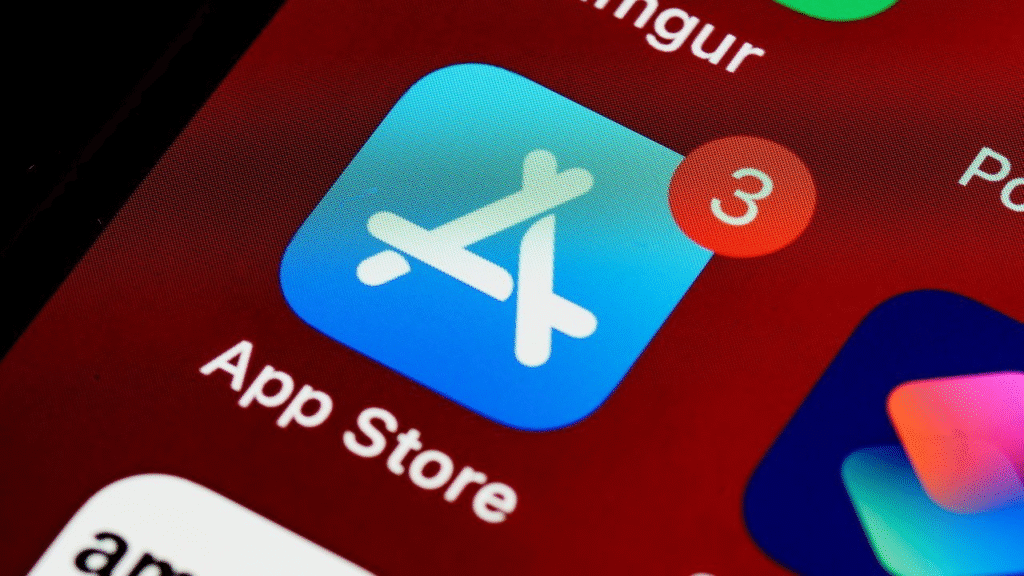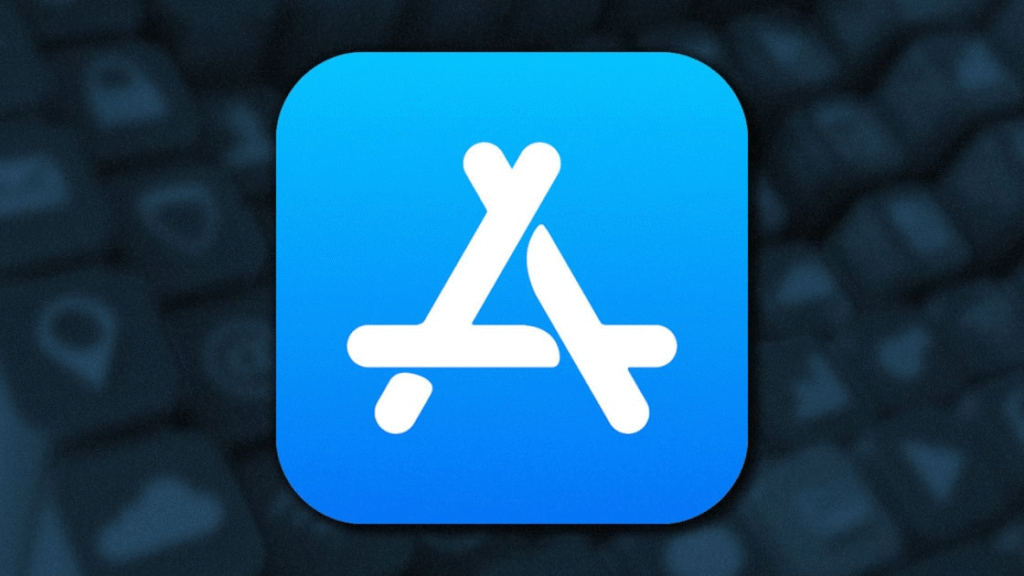Apple has introduced a set of mandatory questions in App Store Connect to refine its age rating system for every app and game on the App Store. Developers must now answer four topics in the ratings questionnaire: in‑app controls, app capabilities, medical or wellness content, and violent themes. These additions mirror the earlier privacy nutrition labels rollout and aim to help Apple calculate more precise age ratings and ensure users enjoy age‑appropriate experiences.

Expanded age rating categories
The updated system adds three new age brackets (13 plus, 16 plus, and 18 plus) to the existing 4 plus and 9 plus ratings. Apple has automatically adjusted ratings for all apps to align with this structure, which will appear on devices running iOS 26, iPadOS 26, macOS Tahoe 26, tvOS 26, visionOS 26, and watchOS 26. Regional suitability standards may still cause slight variations in assigned ratings across countries.
Rating enforcement and flexibility
Once developers submit their responses, Apple will impose the calculated rating on the app. If a developer believes that the automated rating is too low relative to their intended minimum user age, they may choose to raise it. However, developers may not lower a rating below Apple’s calculation. This policy prevents under‑rating apps and ensures consistent protection for younger users.
Developer guidance and compliance timeline
Developers must complete the new age rating questionnaire for every app in App Store Connect by January 31 2026. Failure to comply by that date will block updates or new submissions for the app. Apple directs developers to the App Information section in App Store Connect to view current ratings and provide responses to the new questions.
Privacy‑focused age verification and parental controls
Apple’s broader age verification plan also includes privacy safeguards. Rather than collecting precise birth dates for every app, Apple will offer a simple yes or no age check service. Apps can ask if a user meets the minimum age requirement and receive a binary response. This approach helps prevent apps from gathering unnecessary personal data while letting parents enforce appropriate controls via Screen Time and family sharing features.
Legal and policy context
This is in response to the new state laws, like Utah law on app platforms to verify age and parental consent when dealing with underage users. Apple and Google had been requested by the social media firms to process age verification at the platform level because in-app solutions were cumbersome and expensive. These worries are curbed in the Apple system since it centralizes the process and does not involve third-party sharing of the data.
Ensuring safety for all users
The updates to the age rating implemented by Apple follow the firm decision to implement a safe App Store for a younger audience. In conjunction with the new questionnaire, developers should still keep the App Review guidelines into consideration, such as the guidelines on objectionable content and user-generated submissions. The apps should also follow the privacy laws like COPPA in the United States and GDPR in Europe to secure the privacy of the kids.

The increased level of clarity of age rating by Apple is becoming the new step in its actions to protect children and families online. The App Store will become better directed when the developers are mandated to declare whether they are developing an app that has sensitive material, and whether the app has capabilities that may lead to the use of other apps in order to enhance relevant behavior. The user will then be able to pick the app that best suits his or her age group and level of maturity.





